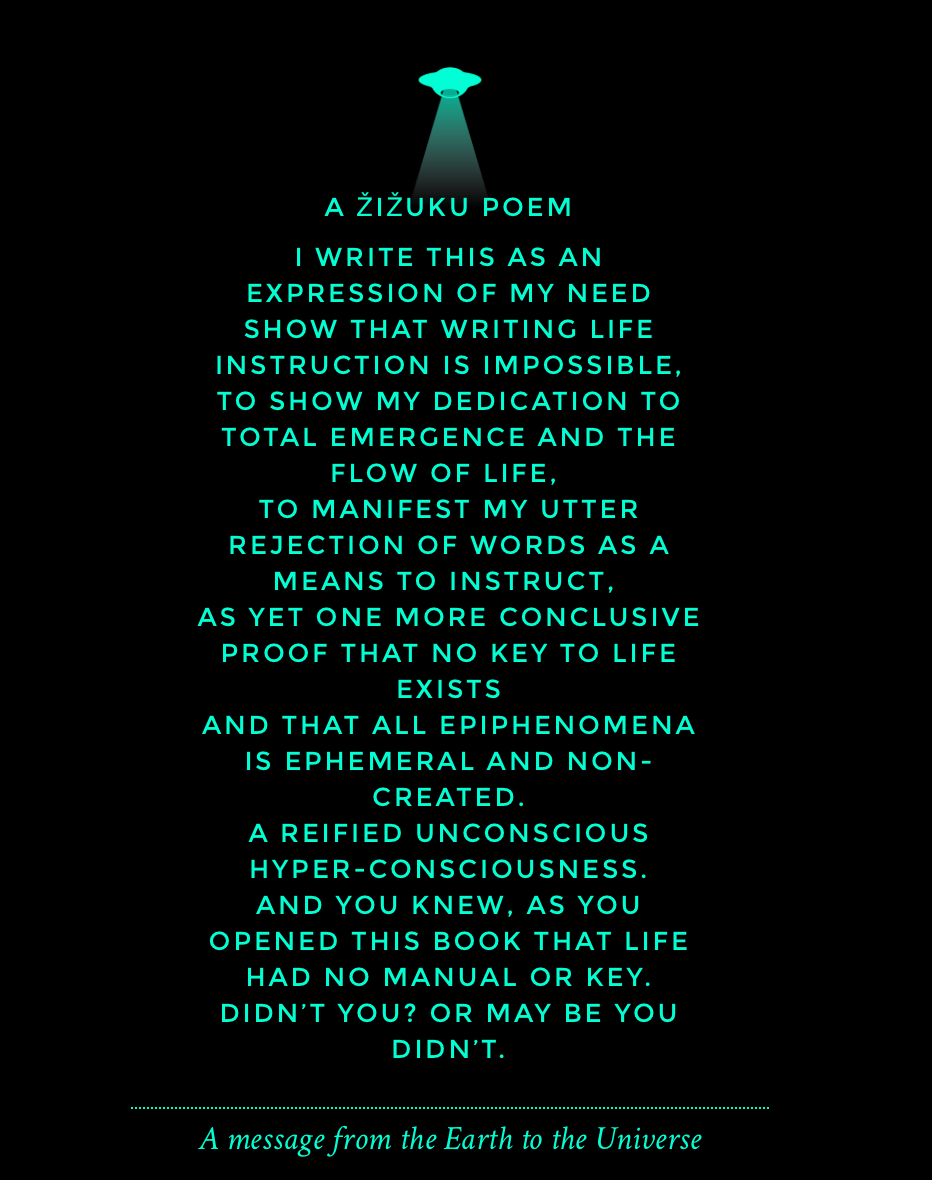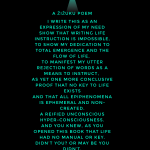
“The wire” a poem by Melinda Albrycht
DS106 Art on the couch – critique
When I first heard the poem on sound cloud it was the voice, the depth of the voice that stood out for me the most. I wondered how to do an art critique with audio art. So I went googling. I guessed that music might offer some constructs to comments.
From my explorations I get that the tempo of the voice is steady and this is what brings me in. The monophonic nature of the voice has a hypnotic effect and I also notice, on hearing again, that there is a rhythm to Melinda’s voice as she read her poem, it becomes almost a song.
Is this what people refer to as a melodic voice? When she talks about the losses in the game, one can almost tap to ‘the music’ of her voice. Repetition is used to great effect in this part of the poem to create the sense of hopelessness in playing this game.
I found it interesting to compare the written words with the performed words. ‘Look again’ says the text. ‘Look again, player.’ says Melinda’s voice. ‘Player’ added to keep the rhythm in the voice I am guessing.
The last part of the poem has a different tempo. I am not sure how to interpret that, I just noticed it. I notice the change comes when she says ‘Look again’. May be this looking again gives new information and this is shown by the change in tempo in the quality of the voice and the cadence of the words?
The voice is used to convey the emotion of the words. The contrast between the possibilities when we play a game is marked with the change in tone. As we are losing the game, the option comes up to win it. But if you think you can win it, think again. Nobody does. Can I win? Will I lose? Can I leave the game? There really is only one choice, if you play on the wire you will always lose.
It is that dangerous.
The poem starts with ‘walking the wire’ and ends with ‘playing on the wire’. A way to bring closure to it? a kind of circle that keep going in a never ending cycle of despair?
The poem has a realistic and expressive style.
Unless you have seen the TV series, ‘The wire’ and what the wire is is hidden from the composition. Yet it stands alone as a description of a kind of life style that leads to the destruction of life. Anyone ‘hanging by the wire’ is in danger. The poem brings up despair and hopelessness blended with a sarcastic ‘gotcha’ flavour – just think again, player.
And now for the informal critique: I thought it was so bloody good (as we say in the UK, Melinda) that I wished I had written it myself.
If you want to know why I am doing this and how you can join in, read this post


